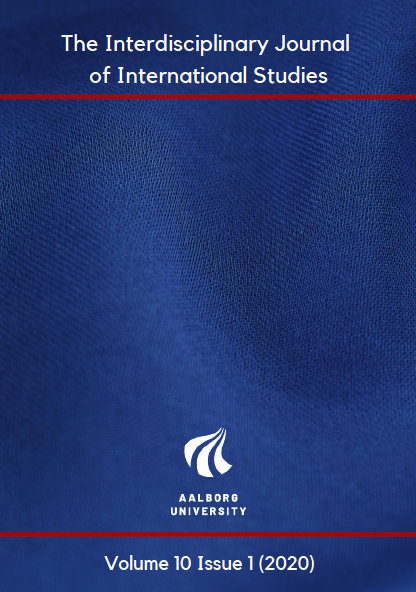Unfolding the Green Economy: The Case of Lake Turkana Wind Power Project
DOI:
https://doi.org/10.5278/ojs.ijis.v10i1.6355Abstract
This article is concerned with the development of the green economy as a passive revolution, particularly after the financial crisis of 2008-2009. The green economy refers to the emergent market for renewable energies and carbon-neutral growth. By defining the transformation to the green economy through the Gramscian idea of hegemony and passive revolution, this article highlights the strong role of neoliberalism in the green economy and disputes the framing of the green economy as a ‘revolution’ or new wave of development. Furthermore, this article takes the Lake Turkana Wind Power project in Northern Kenya as the exemplary case study and point of departure for the analysis. The article uses this case to show some of the consequences of neoliberalism within the green economy; namely, the absence of social inclusivity. Last but not least, by taking a Gramscian perspective, this article is able to pinpoint the shift from the traditional development paradigm of the brown economy to a greener one and concludes that in the name of progress, the neoliberal school of thought is still very much present.
Downloads
Published
Issue
Section
License
Authors who provide articles, essays or book reviews to the Interdisciplinary Journal of International Studies agree to release their publications under the Creative Commons Attribution-Noncommercial 3.0 Unported license, which allows anyone to share their work (copy, distribute, transmit) and to adapt it for non-commercial purposes, provided that appropriate attribution is made and that, in the event of reuse or distribution, the terms of this license are made clear.
Authors retain copyright of their work and grant the journal right of first publication.
Authors are able to enter into separate, additional contractual arrangements for the non-exclusive distribution of the journal's published version of the work (e.g., post it to an institutional repository or publish it in a book), with an acknowledgement of its initial publication in this journal.

